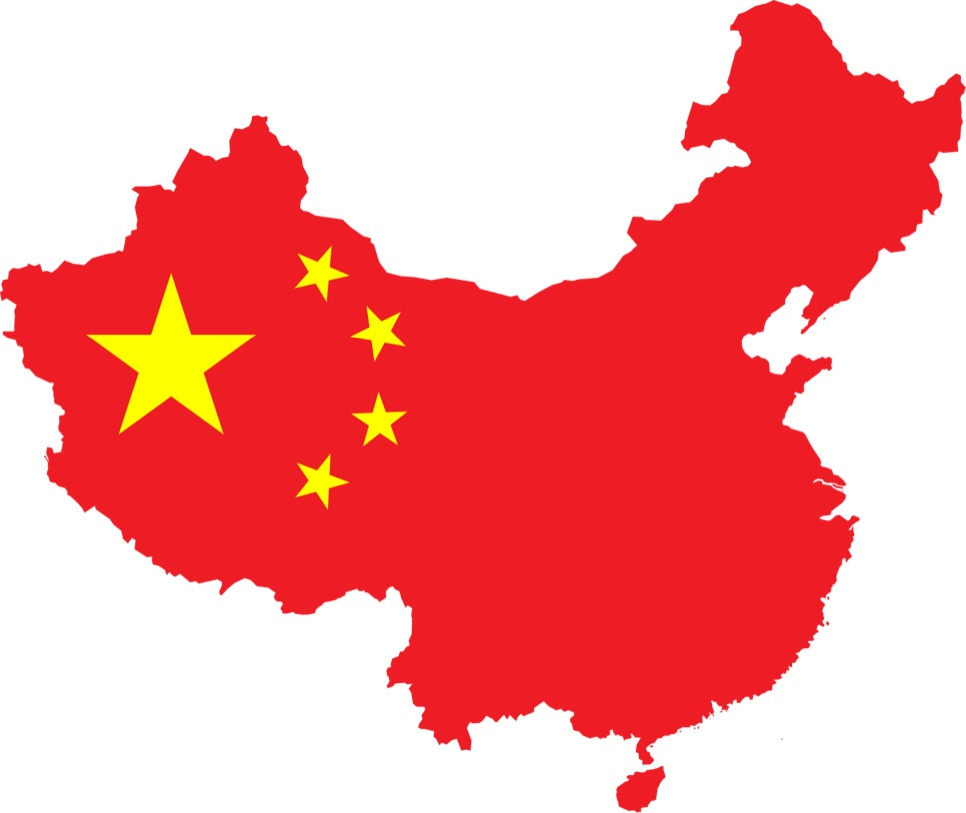The Age Gap in Perceptions About China
Older Americans see a clear and present danger from China. Younger Americans do not. This divide could play an important role in the 2024 elections.
As discussed last week, American attitudes about China have hardened noticeably over the past few years, with the deepest concerns emerging from Republican and independent voters. Although partisanship clearly shapes views of China, age differences may be more of a determining factor overall.
Older Americans are far more worried about the threat of China than are younger people.
The most recent wave of polling from The Economist and YouGov asked respondents whether they consider China to be an ally or an enemy of the United States, offering 4 total categories. As seen in the table below, nearly three quarters of Americans overall view China as either unfriendly (32 percent) or as an enemy (40 percent), with less than one fifth of the population viewing China in a more positive light.
Looking at the crosstabs, nearly half of all Americans ages 45 to 64—and almost 6 in 10 Americans who are 65 years and older—label China as America’s enemy. The percentage of the oldest age group of Americans viewing China as an enemy is more than double that of the youngest age category: 58 percent versus 27 percent, respectively.
Although more than 8 in 10 middle-age and older Americans view China as unfriendly to America or as America’s enemy, less than half of Americans ages 18 to 29 hold a similar negative view of China.
Older Americans are also far more likely than younger ones to see the interests of China and the United States as fundamentally at odds. For example, pluralities of those ages 18 to 29 (46 percent) and 30 to 44 (45 percent) believe that “China and the U.S. can both get what they want in the world” compared to nearly half of those ages 45 to 64, and more than 6 in 10 of those 65 and older, who believe “their interests conflict fundamentally”.
What does any of this mean for politics?
Voters are already quite anxious about the economy and the state of the nation overall. Concerns about jobs and wages, inflation, immigration, the origins of Covid, the drug crisis, and other military threats to the U.S. occupy the minds of unsettled voters. Understandably, Americans are looking for sharp explanations for these threats and outside sources to blame for our country’s troubles.
Therefore, the prospect of America facing a clear external enemy in China will appeal to many people—particularly older Americans who vote in droves and make up big percentages of the electorate in key swing states.
Given President Biden’s poor overall marks from voters—only 35 percent of Americans strongly or somewhat approve of the way President Biden is handling China—expect Republican arguments about “China is the enemy” and “Democrats are soft on China” to grow in intensity and spread throughout the 2024 campaign season.
Despite a solid policy focus on China, it’s not at all clear that President Biden and Democrats have mapped out a viable political strategy for dealing with public anxiety about China and relentless attacks from Republicans on the matter.
But you can’t win a fight over a perceived existential threat to America if you don’t fundamentally believe you are in this fight. Overcoming this confusion on China is a good place for Democrats to start.





